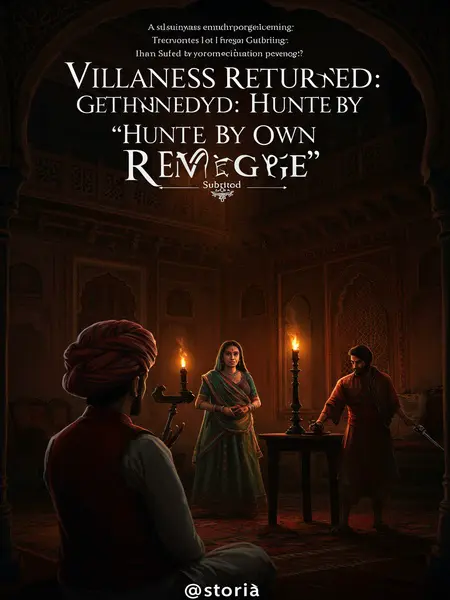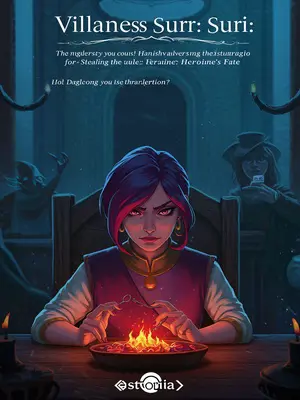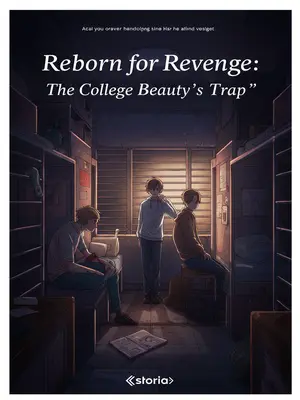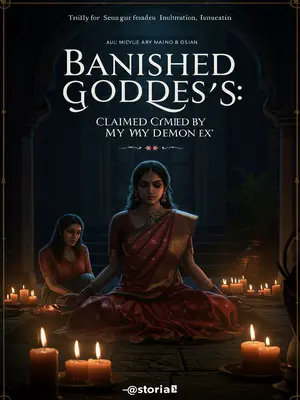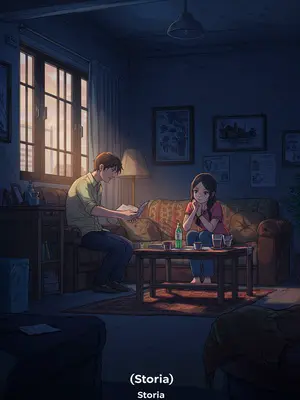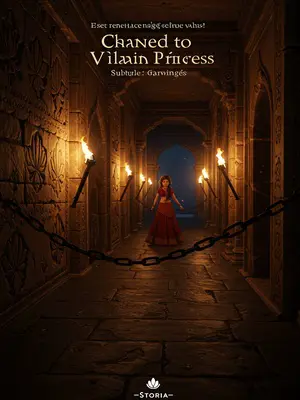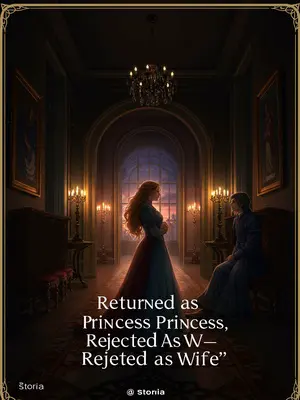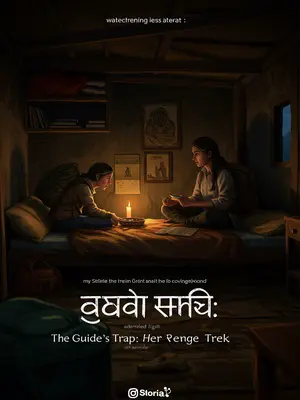Chapter 2: A Villainess in Hiding
I am the notorious supporting character, and this is the third year since I faked my death.
In Lucknow, even time moves at its own pace, slow as a summer power cut. But for me, the world had shifted thrice—one life before, one after landing here, and this last one in hiding.
It’s also the twenty-first year since I landed in this world.
My Hindi was now fluent, my chappals always dusty, and I could haggle with the sabziwala like any local. Yet, no matter how many years passed, I never forgot my true origin.
After slogging away for nineteen years, I completed every single task the system gave me, without a single mistake.
Like any obedient Indian child, I did as I was told—never questioning, just adjusting, justifying every plot twist. The system kept score like a strict tuition teacher.
I kept up the persona of the villainous princess, always pushing the plot forward.
Outside, I was a storm—inside, only the ceiling fan heard my doubts. My days were spent maintaining that mask, even during family poojas, even at Holi when everyone else let go.
All these years, I had to create drama for the main leads in public, while secretly racking my brains to help them fight off all kinds of enemies.
Sometimes, my only company was the echo of my own plotting, drowned out by the raucous laughter from the colony children playing cricket in the lane below.
Sometimes, I even had to be ruthless to myself.
I’d look at my reflection in the steel tumbler and think—do I even know this person anymore? To stay alive, I’d learned to swallow pain the way we swallow spicy pani puri—smiling through the tears, never letting anyone see the burn.
After all, I was the number one villain of this story—the princess who ruled the court, Ananya Singh.
A name that still made the local newspapers flutter. Ananya Singh, the girl who never learned to keep her voice down, the girl who sat with the men at the family dining table.
Thankfully, my hard work paid off.
After the grand finale, the system, true to its word, gave me enough wealth to last several lifetimes.
I bought a kothi in a nice lane, filled the fridge with Amul butter and cold drinks, and even treated myself to silk sarees from Banaras. At night, I slept easy, doors double-locked, dreams undisturbed.
The current ruler—my former elder brother and the hero—governs with diligence, values talent, and the government is filled with capable, honest people.
Even the rickshaw-walas praised him at the paan shop: "Arjun bhaiya toh sach mein badal gaye hain, dekho kaise sabko saath leke chalte hain."
Thanks to them, the country has been at peace for the past two years, and people live in happiness.
Fairs returned, roads repaired, and for once, the newspapers had more wedding photos than headlines about corruption.
Which means I’ve been free to stroll the streets of Lucknow every day, playing with stray cats and dogs or flirting with attractive men and women.
I’d buy samosas from Sharmaji, laugh too loudly in the bazaar, sometimes leave my dupatta behind at the chai stall just for the fun of going back. My cheeks flushed with freedom I had never tasted before.
Life was truly carefree.
Not even Amma’s daily WhatsApp forwards about nazar or evil eyes could dampen it. I was alive, anonymous, and the world for once belonged to me.
It really seemed like everything had settled down, and those absurd, dramatic, love-hate, sword-and-dagger plotlines had finally ended.
I believed that, as much as I believed in the last drop of chai from the roadside stall—always hoping for sweetness, never knowing if a bitter surprise awaited.
